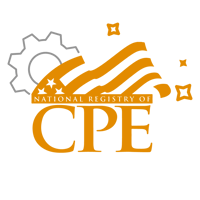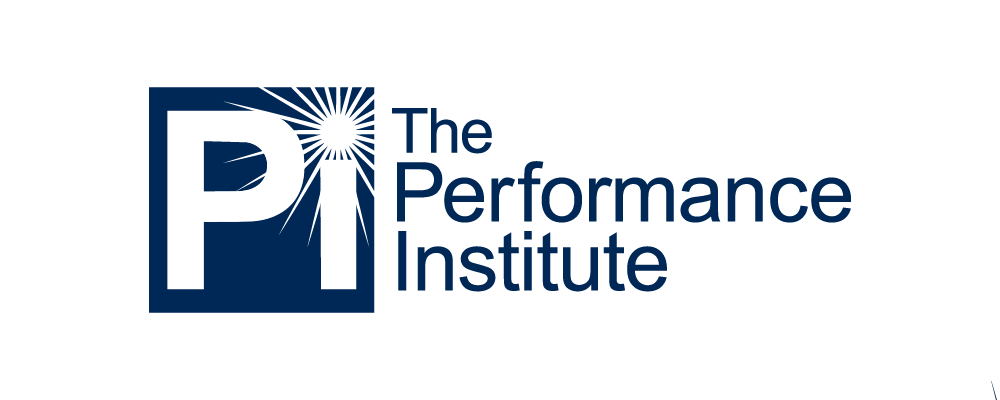TRAINING PROGRAMS
Logic Model
Logic Model provides a logical chain of events to that is a blueprint for mission achievement. They start with organizational goals and graphically represent the rationale behind program activities and resource requirements. Using Logic Models will integrate the various program activities into a cohesive whole, that can be used as a tool for planning, program management, and evaluation.
Using Logic Models to define and communicate your program
Integrating Logic Model into your programs will facilitate the identification and development of discrete outcomes to help your organization define and communicate your programs.
INTENDED FOR:
Leaders, key stakeholders, and project teams
MODULES 5
TRAINING FORMAT
Virtual-Live
CPE CREDITS
8
PRICE
$1095 USD
Course Objectives
This course guides practitioners to understand critical linkages in an organization’s strategic and operational environment and identify the critical measures needed to evaluate program performance.

Integrate logic models into your planning and execution cycle

Provide the insight needed to develop various reporting and planning requirements.

Use a Logic Model leads to the development of performance measures

Benefits of using logic models in the development of program outcomes and aligned activities

Course Instructor
Steve Olkewicz
* Course instructors may vary based on the availability of our fellows
Upcoming Dates
Logic Model
-
Dec 06, 2023CLOSED
-
Jan 10, 2024OPEN
-
Feb 7, 2024OPEN
-
Mar 6, 2024OPEN
-
Apr 3, 2024OPEN
-
May 8, 2024OPEN
-
Jun 5, 2024OPEN
-
Jul 10, 2024OPEN
-
Aug 7, 2024OPEN
Course Agenda
MODULE 1
What is a Logic Model?
- Review and understand the concept of Logic Models
- The benefits of using Logica Models
- Identify the components of a Logic Model
- Review the various ways in which logic models can be graphically displayed
MODULE 2
Using Logic Models
- Review the Logic Model Template
- Revisiting the way to plan using a logical chain of events.
- In the Execution phase (reading left to right), we perform activities in the opposite direction.
MODULE 3
Using Logic Models to sell your program benefits and requirements
- Close the Gap Between Senior Leadership and Operational Manager Outcomes
- Review examples of logic models that explain the benefits of a program to stakeholders
- Using the Logic Model to identify Risks
- Logic Models identify priorities and show the ROI for your programs
MODULE 4
A Performance Logic Model answers federal requirements
- Review the Performance Logic Model
- Show how the Performance Logic Model relates to the reporting requirements
MODULE 5
Creating your Logic Model – Mini Workshop
- Individual work: Develop a logic model for your area
- Group Work: Present Logic Model to the class for discussion
Why Learn With The
Performance Institute?

Subject Matter Experts
We provide cutting-edge expertise in the design, implementation, and evaluation of strategies to solve operational challenges and enhance individual, managerial and organizational performance.

Proved Methodology
The Certified Government Performance Manager (CGPM) program helps organizations build strategy and performance management competencies across all levels of government.

CPE/ NASBA Accredited
Performance Institute is registered with the National Association of State Boards of Accountancy (NASBA) as a sponsor of continuing professional education on the National Registry of CPE Sponsors.
Why Learn With The
Performance Institute?
The Performance Institute is a nonpartisan, private think tank seeking to improve public and private sector performance through the principles of transparency, accountability, performance, and engagement. We provide CPE and NASBA accredited trainings and certifications in performance-related areas, such as benchmarking, strategic planning, and emotional intelligence.

Contact Us
Find out how we can help your organization improve performance.



